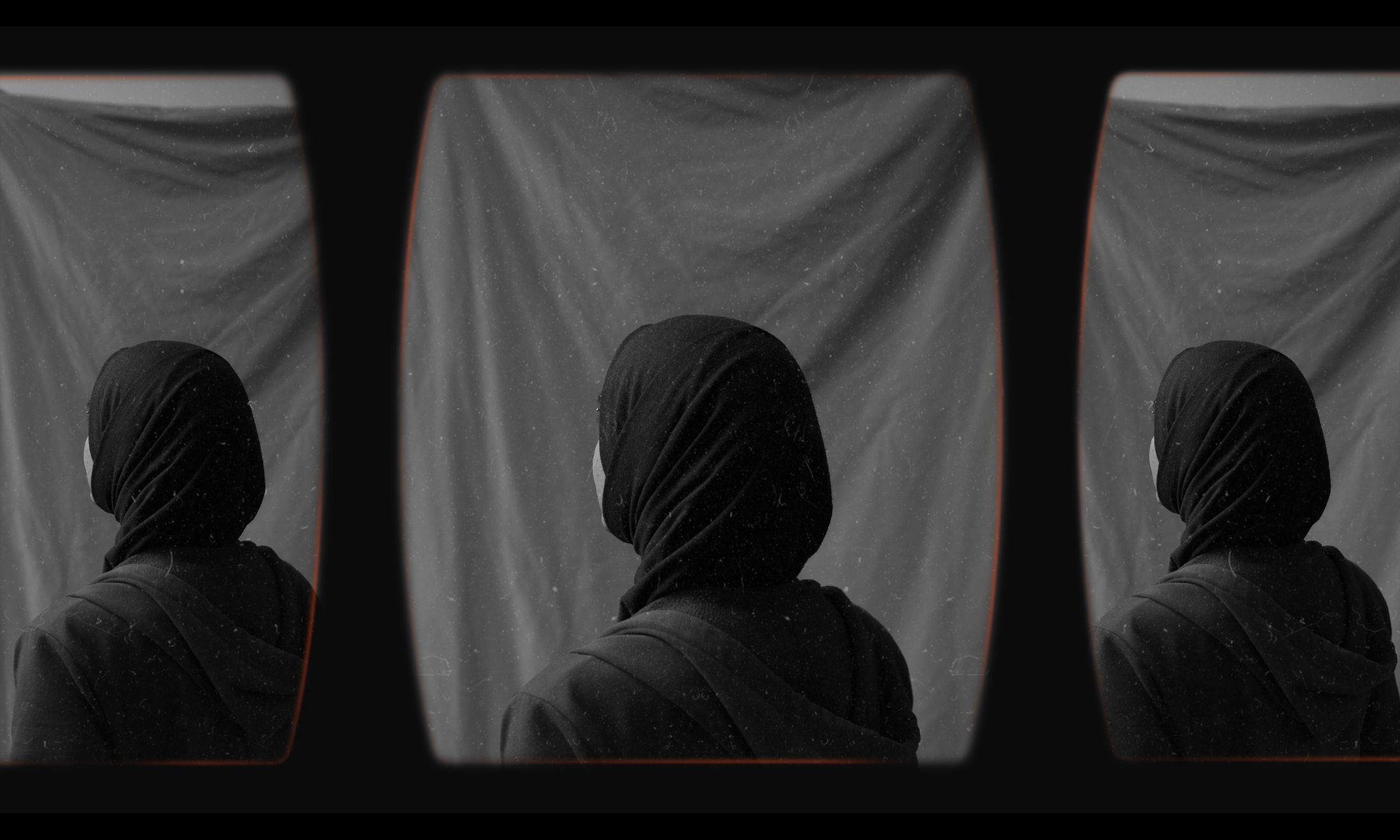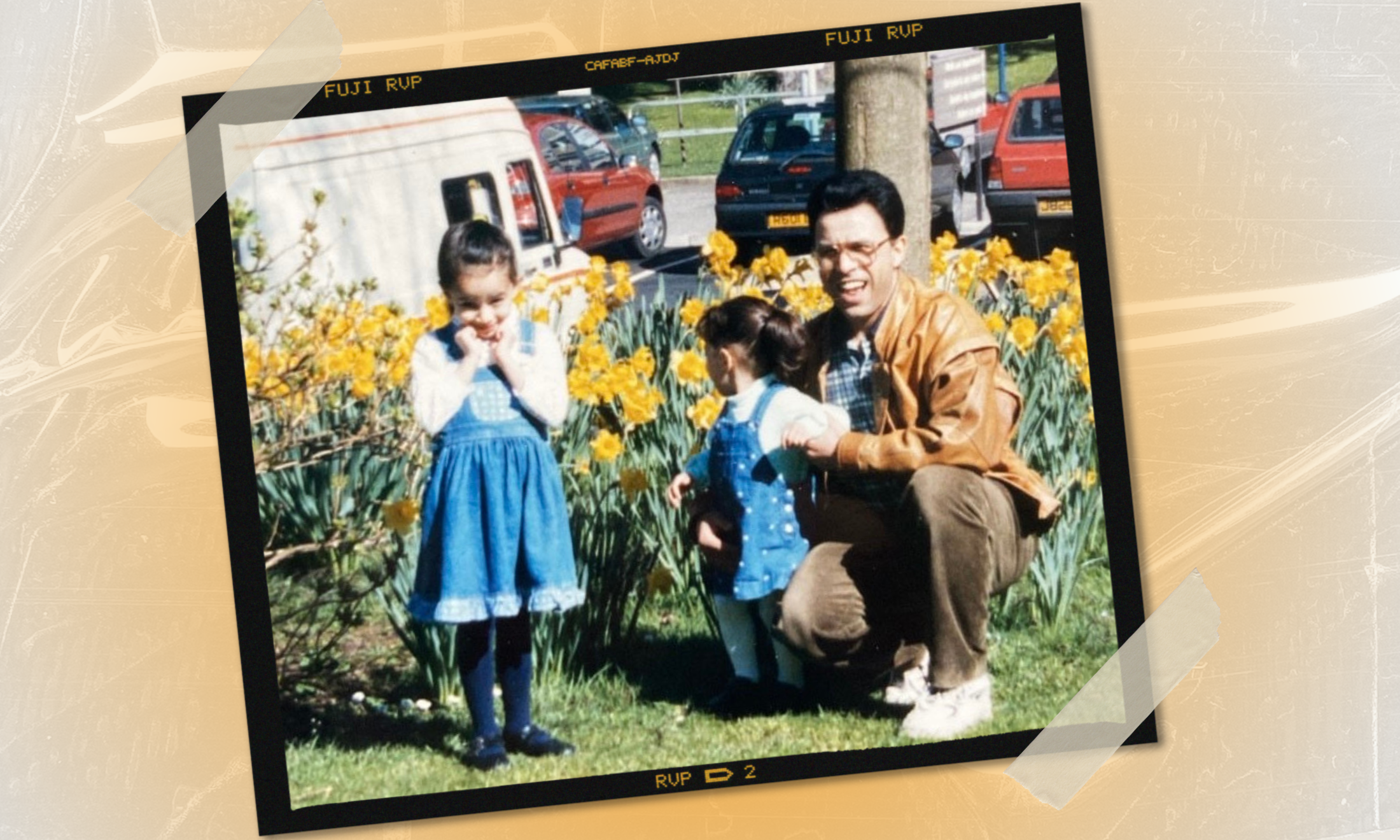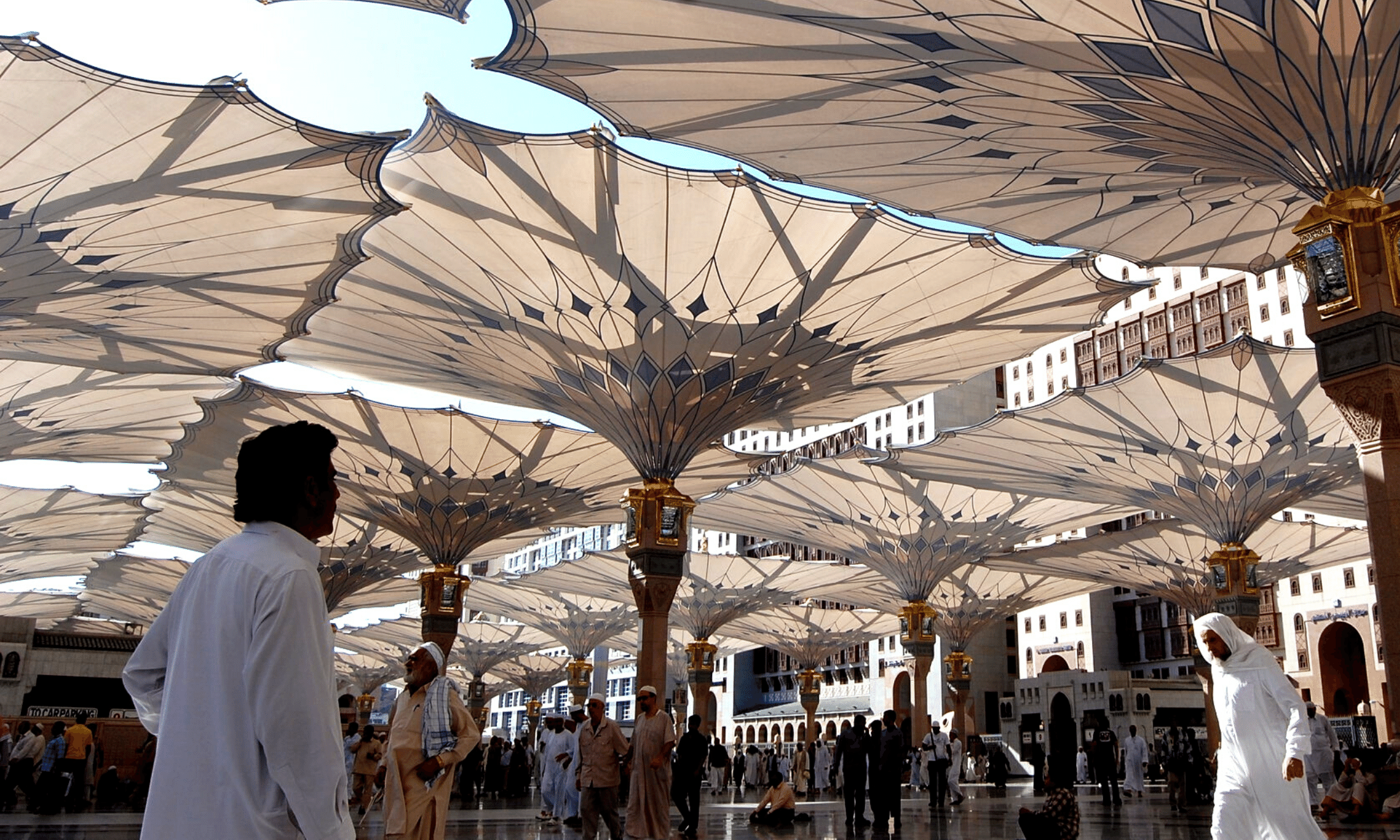
Zara Mohammed can fight for women’s rights in British Muslim communities without Woman’s Hour
Sabah Hussain
09 Feb 2021
If there was one thing that the recent Radio 4 Woman’s Hour interview of the first woman leader of the Muslim Council of Britain (MCB) set to achieve, it was to peddle the narrative that Muslim communities and organisations are exclusive, oppressive and unsafe for women. Of course, fighting for women’s rights and representation in British Muslim communities and institutions is important, but this wasn’t the way to go about it.
Zara Mohammed, who upon her election to the MCB (Britain’s largest formal Muslim umbrella body) said that her vision is to “continue to build a truly inclusive, diverse and representative body” and to inspire more women to become leaders, was subjected to a trough-full of ignorance from presenter Emma Barnett, who clearly hadn’t adequately researched the topic of women in Islam. A short, now-deleted, video posted by BBC Woman’s Hour revealed her takeaway line: “How many female imams are there in the UK?” Mohammed’s expression was, quite rightly, one of consternation and disbelief.
“Zara Mohammed was subjected to a trough-full of ignorance from presenter Emma Barnett, who clearly hadn’t adequately researched the topic of women in Islam”
As general secretary of the MCB, Mohammed’s role is to address structural inequalities within Muslim organisations and communities rather than to unpack spiritual and religious roles. As explained in Laury Silvers’ thread on Islamic prayer leadership, when a woman leads anyone in prayer she is an imam, whether that be inside or outside of the home. Barnett’s flawed assumption, however, was that the absence of identifiable female prayer leaders in Islam means that women have no place in leading Islamic worship at all. Barnett’s comments and tone endorsed the prevailing sentiment among many of the British public: that women don’t have a place within Islam. But in reality, women have been central to Islamic worship since its conception. Mohammad Akram Nadwi’s work has uncovered over 10,000 female Islamic scholars, while Khadijah bint Khuwaylid, wife of the Prophet Muhammad, was a successful businesswoman before her marriage to the Prophet and is revered as an influential and impressive figure within Islam.
The video and interview have left gaping questions about the treatment of Muslims by mainstream media and faced a backlash online, particularly in the Twittersphere. Political activist Faiza Shaheen tweeted: “Clickbait for a culture war you support? You should be ashamed.” Writer and journalist Saima Mir tweeted: “Aggressively interviewing a woman, without the facts, in the name of feminism is triggering. Muslim women everywhere will make themselves a little smaller in her space. That is not sisterhood, it’s ignorance.”
Mohammed has said about her role: “I guess people are really surprised by me being a woman, and my age. It’s about the stereotypes of Muslim women and perhaps a young woman at the head of such a huge organisation.
“There are so many stereotypes about the role of Muslim women, what they do and what they don’t do. It challenges those misconceptions.”
“There is undoubtedly still work to be done, but challenging a Muslim woman’s voice in this way is a disappointing, cynical and counterproductive move”
The interviewer’s line of questioning on the topic of “female imams” spurned an opportune moment to ask a leading Muslim representative about the benefits her role would bring to communities that have been disproportionately harmed by the pandemic, and the changes her manifesto would promote to foster an inclusive picture of British Islam. The MCB has also been one of the voices advocating to dispel anti-vax myths within Muslim communities. Instead, Barnett pandered to an Imperialist view that Islam should fit within the confines of what the West deems appropriate. As if Islam, like other widespread monotheistic religions should have clearly defined roles of leadership to cater to the Western view of faith and practice.
No communities exist without the need for reform. Within Muslim communities, men continue to dominate over many issues; organisations like the Mosques and Imams National Advisory Board and The Association of British Muslims are led largely by men. Many mosques around the UK don’t even have prayer spaces for women worshippers.
There is undoubtedly still work to be done, but challenging a Muslim woman’s voice in this way is a disappointing, cynical and counterproductive move. The MCB has a Women in Mosques initiative – which is a step in the right direction. Outside of the MCB, other mosques and Muslim organisations, like Imaan or The Inclusive Mosque Initiative, affirm LGBTQ+ people and create inclusive and safe spaces for people of all communities. The terrifying increase in British Islamophobia is unlikely to subside if the media continues to treat Muslims, and in particular Muslim women, as enemies of positive development and Barnett’s ignorance and tone are unfortunately symptomatic of a wider issue. If Barnett wanted to ask questions about female leadership, she should have done her research.









